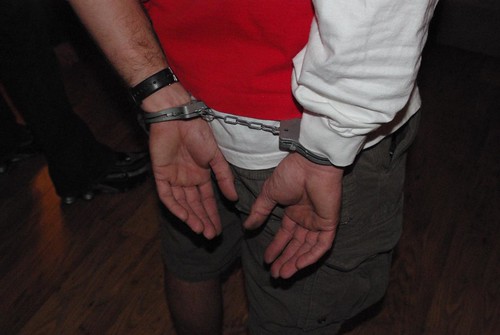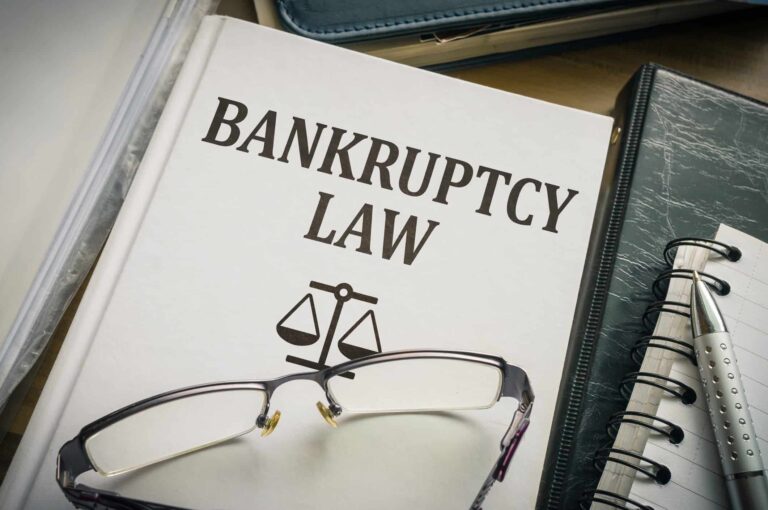What Is Bankruptcy Fraud And How Can I Avoid It?
Filing for bankruptcy is a serious matter and if it can be proven that a filer has committed fraud, there are very serious consequences. A fraudulent filing will at the very least be thrown out of court, but often stiff fines and penalties are levied. Fraud is a federal offense, so these cases can build all the way up to criminal prosecution and potentially jail time, with maximum penalties of $250,000 and/or 5 years in prison. In fraud cases, debts will not be discharged and the court may liquidate a person’s assets in order to pay creditors. Often times, a deal in struck to pay some of this debt and do some of the jail time. But what exactly is bankruptcy fraud?
How Bankruptcy Fraud is Defined

If you’re filing for bankruptcy and are worried about being charged with fraud for simple mistakes and paperwork, breathe easy. The intent of fraud is what is punished, so obvious mistakes and omissions are disregarded. However, if you’ve left something out, bankruptcy courts will require you to refile parts of your case. You will also have to explain your mistakes and verify how they occurred before your filing can continue onto the next step.
How to Avoid Bankruptcy Fraud
Your best bet for avoiding bankruptcy fraud is to get all of your paperwork right the first time. This means hiring a local bankruptcy attorney for advice and help through the entire process. While this adds to the legal cost of your filing, in many cases a bankruptcy lawyer can streamline the process and prevent mistakes. This can result in a reduction of the overall cost of your filing and, most importantly, peace of mind that it has been done correctly.






